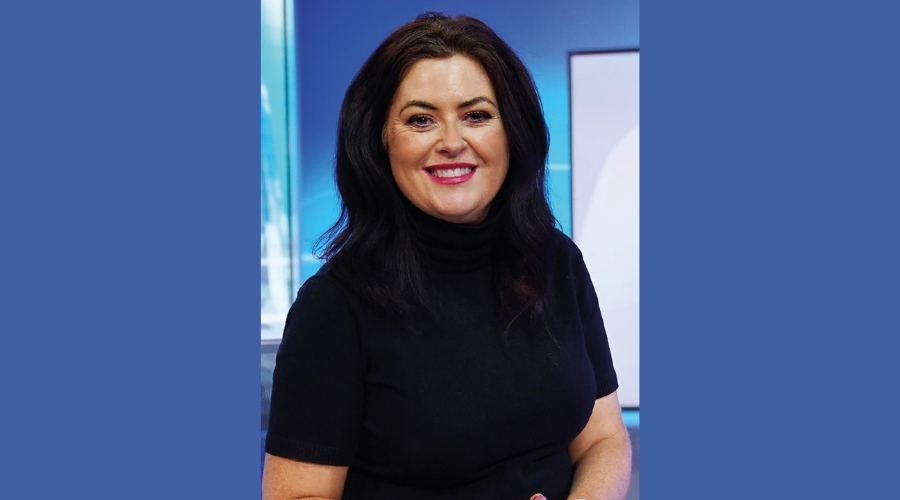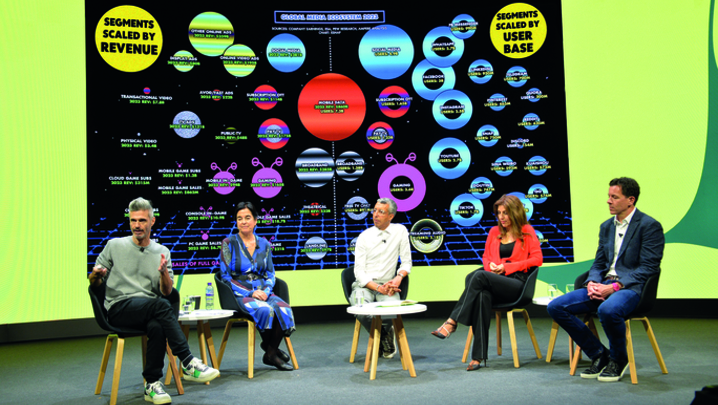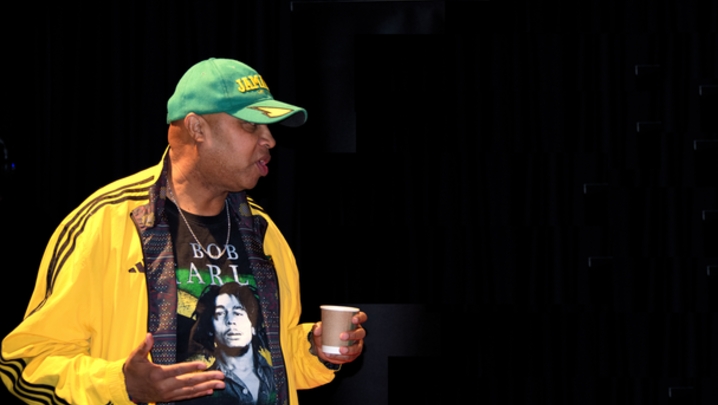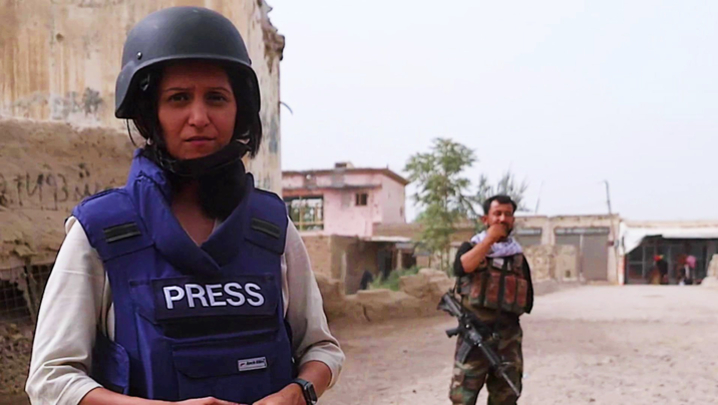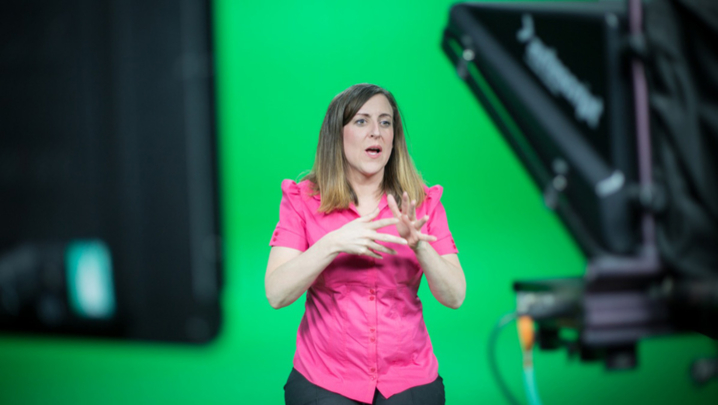Nichola Kane recounts how an STV News diversity initiative is paying dividends
STV News at Six is Scotland’s most watched news programme – something we’re very proud of and like to mention rather a lot. But big viewer numbers also bring big responsibilities. We have to ensure that our coverage properly reflects our audience.
Two years ago, we needed to increase the number of people of colour appearing on our programmes. We were also falling short of a 50/50 gender split, and we wanted to make sure more of our stories were inclusive of people with disabilities.
However, changing the face of TV news is no easy task. Daily deadlines mean journalists often rely on known contacts who’re readily available. We needed to build a new network of contributors who could bring us ideas and get us into communities we, quite frankly, weren’t featuring enough.
But what were the barriers preventing people getting involved in our coverage? We worked alongside Pass the Mic, an organisation set up to improve the representation of women of colour in Scottish news. That input was invaluable.
We found people concerned that journalists might misrepresent them, wouldn’t be interested in their views or that they would be “monstered” in a style normally reserved for evasive politicians.
Dispelling myths and letting people see that our journalists were friendly, supportive and sensitive was key. We created the first STV Expert Voices session online with the help of Women in Journalism Scotland. The pandemic was still dominating headlines, so it made sense to find new experts involved in healthcare.
We shared the idea on social media and, within weeks, nearly 200 women had signed up. There were professors and academics but, crucially, also people working on the frontline. Nurses, GPs, reformed drug addicts and unpaid carers were there – a huge range of women keen to have their voices heard.
The sessions came alive thanks to our presenters, reporters, technical staff and producers. They discussed how we plan stories, ran through camera kit, looked at interview techniques and even what to wear. Strobing stripes, noisy jewellery and problematic microphone attachment were all up for discussion, with presenters giving some very honest insight on where they’ve had to put mic battery packs.
We focus on what reporters want from an interview and reassure them we’re trying to get the best out of our contributors. We highlight that they shouldn’t expect the same treatment we might give politicians. We’re supportive and discuss the interview before the camera rolls.
Also integral to the sessions are experts who’ve done numerous media interviews in the past. On that first session, two of the best-known faces of the pandemic, professors Linda Bauld and Devi Sridhar, generously gave us the benefit of their own experience. They talked to the women about how they felt when doing their first interviews, coping with nerves, cutting through jargon and how they dealt with online abuse.
It was fascinating and bringing them into a session populated by Scottish healthcare professionals was like introducing Beyoncé to a group of music fans. There was a lot of self-declared fangirling!
This summer we celebrated two years of STV Expert Voices with some of the brilliant, talented and smart people we’re proud to now have on our database. We’ve trained nearly 1,000 people, with around 10% appearing on air so far.
Last year, we hit our on-screen diversity targets. Going forward, this remains a focus. And this is only the beginning: we’ll keep learning and working with new people as we strive to make STV News as inclusive and representative of our communities as possible.
Nichola Kane is Editor, STV News – Edinburgh/East Scotland, with responsibility for politics and diversity.

